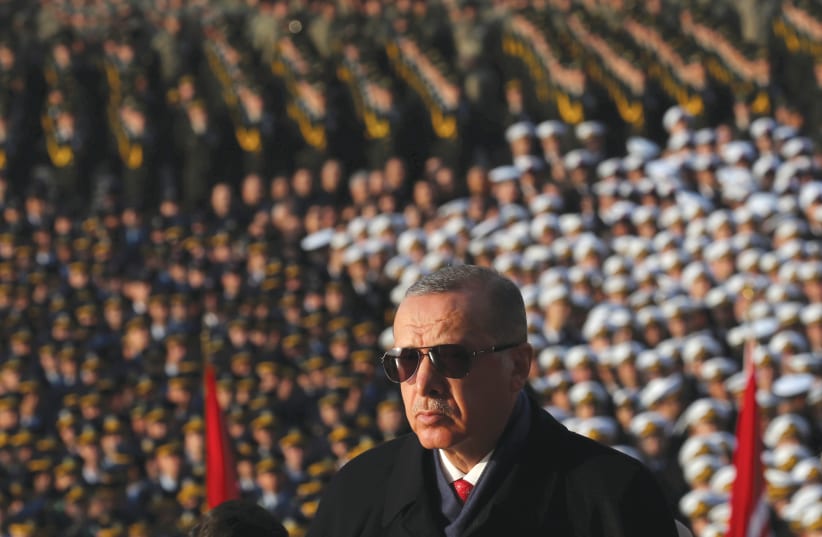Why would the Mossad help Turkey's Erdogan combat terrorism? - analysis
In terms of Israeli motivations, some former officials said that Israel is committed to fighting terrorism at all times and all places, regardless of whether the targeted country is an ally.
